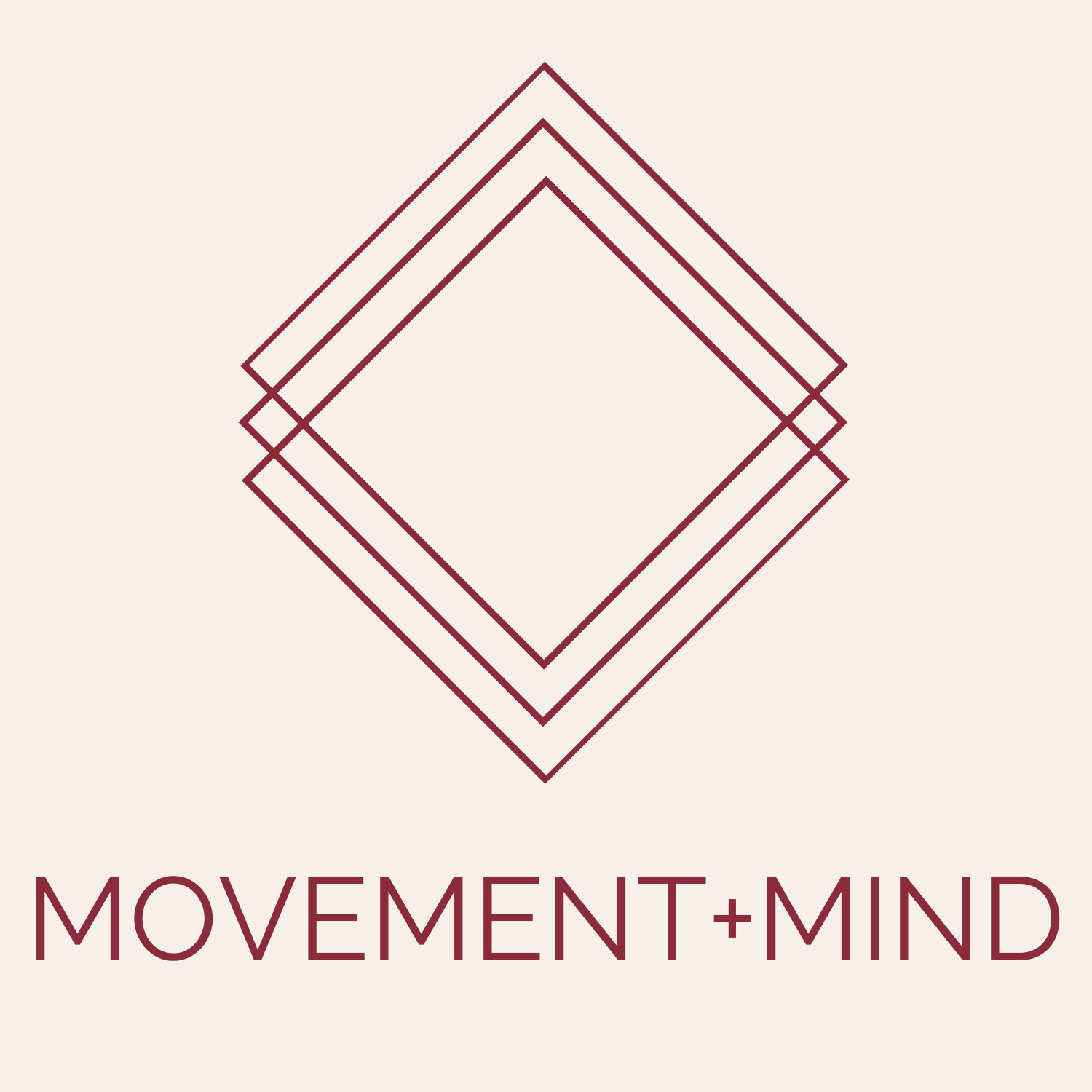I think cats and dogs have it sussed. They know how to rest. They prioritise luxuriating by a cosy fire, or finding a little nook to snuggle up in for hours in a day.
Now most of us don’t have the option to sleep all day. Or spend hours curled up in front of a fire gazing out into the wilderness.
We need to find moments of rest when we can.
In fact when we go to sleep at night might not be when we have our best quality rest. Many people have disturbed sleep, having young children, life changes and worries are among some of the reasons we don’t always sleep well or wake up feeling refreshed. In fact 1 in 5 of us just aren’t getting enough sleep (taken from Mental Health UK).
During the winter months we can feel even more tired with the lack of sunlight in our day.
Sleep is obviously important “The brain stores new information and gets rid of toxic waste. Nerve cells communicate and reorganize, which supports healthy brain function. The body repairs cells, restores energy, and releases molecules like hormones and proteins”. I’ll share more in a future blog, but for now lest focus on rest in our day.
Taking rest is way that you can down regulate your nervous system (if you took my sleep course this might sound familiar) and this in turn can have positive effects.
Our nervous system will fluctuate during our day. Think about when you get a stressed email from your boss, or you have a looming deadline to meet, or a blind date you might feel excited, nervous, stressed out, and you will most probably be experiencing sympathetic nervous system (SNS) tone also know as flight or fright.
What about after that big Christmas dinner and you are ready for a big nap, or after a restorative yoga class, you will most likely more parasympathetic nervous system (PNS) tone commonly referred to as rest and digest.
The way that many of us live our lives means that with the help of Santa Claus length to do lists, caffeinated drinks and deadlines to meet we might spend more time in SNS.
Finding ways to rest in our day can be hugely helpful. Even just 10 minutes of rest can help you to move towards PNS, and have a positive effect on the rest of your day.
Some things I like to do to take me into that restful, and PNS state.
Conscious breathing
Yoga Nidra
Restorative postures
Sitting in nature with no distractions listening and seeing the environment around
Sitting in silence
Mindful movement (basically a little wiggle around on my mat, super gentle though)
Walking meditation
I appreciate that some of these are more active than others and might not appear restful, but it’s the focus and intention that makes them restful.
It’s the slowing down and allowing the busyness of life slip away for a brief moment.
For some people stillness is what they crave and can move to immediately.
For others they need some kind of slow and mindful movement to help to expel the excess energy and move toward stillness.



